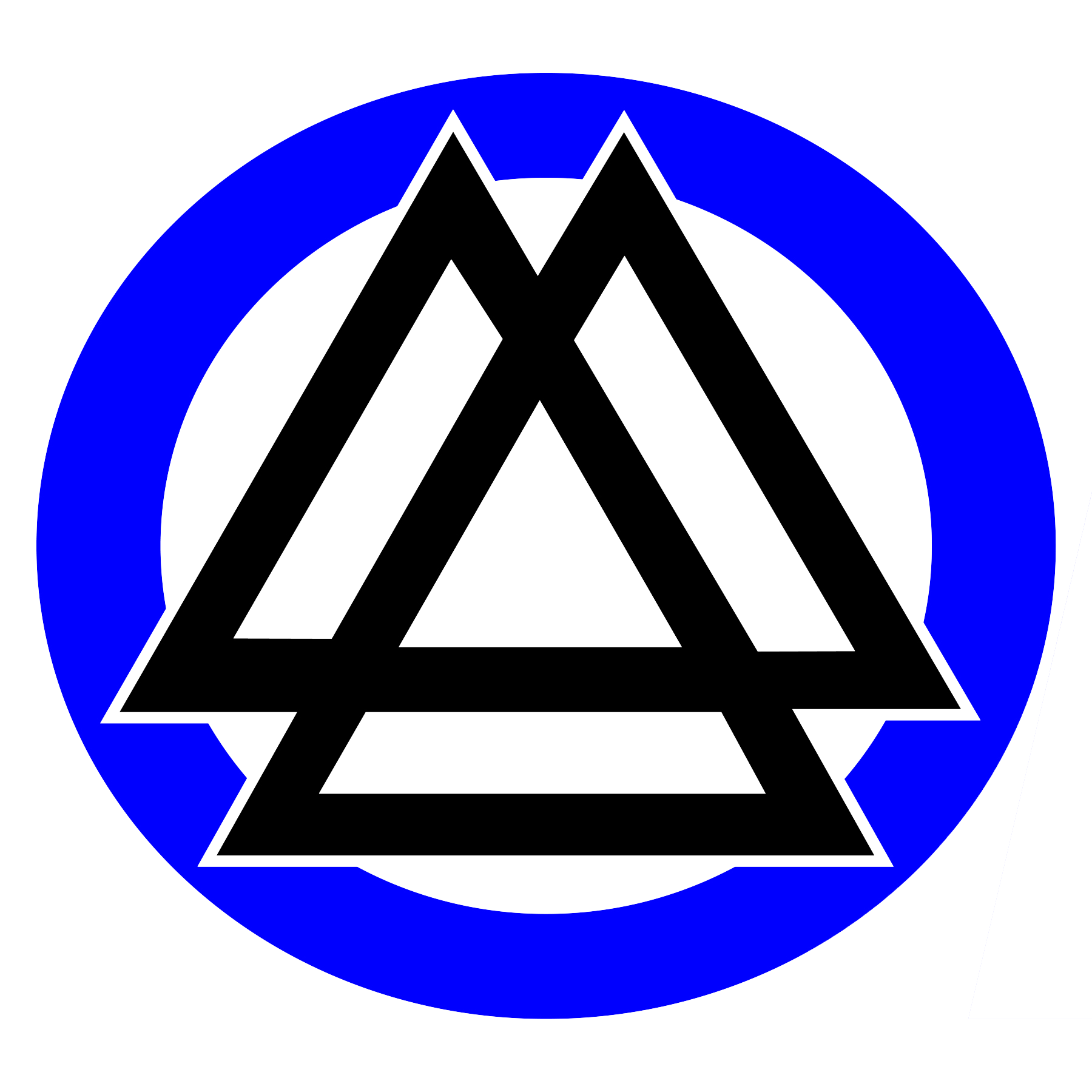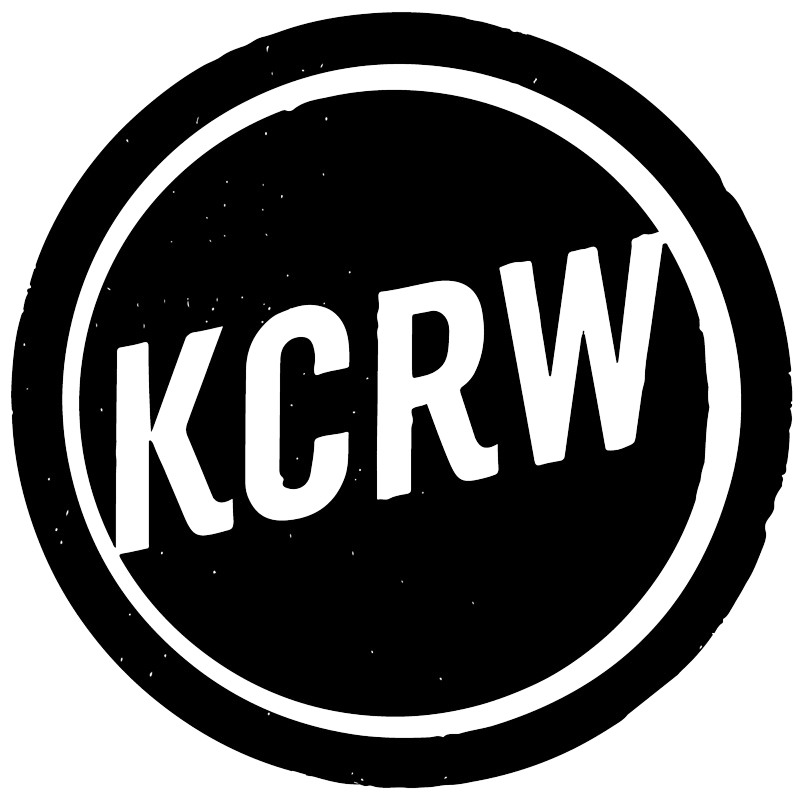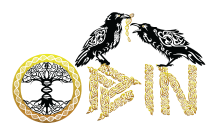
12.08.2016 - v
THIS DIY GLOW-IN-THE-DARK BEER IS MADE WITH A JELLYFISH GENE
"Of the green brew, Zayner hopes “that the ability to produce something cool and tangible will get more people interested in not just learning about but actually doing genetic engineering,” "
![]()
12.07.2016 - v
THIS BIOHACKER WANTS TO SPUR A GENETIC ENGINEERING REVOLUTION WITH GLOWING BEER
“When the personal computer came out I imagine people purchased it because it was cool and maybe had a game they could play or a program they could use,” Zayner told me. “Now living organisms are the computer and DNA is the code that writes reality. We want to give people the ability to reach into their imagination and bring things into existence using genetic design.”
![]()
9.22.2016 - v
THE GENETIC REVOLUTION, DO-IT-YOURSELF(Italian)
"The CRISPR, a highly innovative technology, allows you to edit with precision and ease genes, opening the way to extraordinary advances in medicine and agriculture. Large multinational biotech are the window to figure out how to resolve the patent war that in a few years could be worth the access to a market of about 3.5 billion. But the simplicity and endless applications offered by the new method also raise fears and ethical concerns about its possible uses"
![]()
8.15.2016 - v
WHAT HAPPENS WHEN ANYONE CAN EDIT GENES AT HOME?
"We're about to find out."
![]()
6.30.2016 - v
I PLAYED GOD WITH THE ODIN'S DIY CRISPR Kit
"And lo, it was glorious."
![]()
6.20.2016 - v
BIOHACKING THE GENOME FOR JUST $140
"Are people dying and suffering needlessly because of all these committees and all these rules?" asks Josiah Zayner, a scientist, biohacker, and founder of the biotech company The Odin, which supplies low-cost CRISPR kits for the consumer market. "And what if people just say, 'F— you, I'm going to do it anyway'? And what if peoplestart getting cured?"
![]()
5.4.2016 - v
A BITTER PILL - IN SEARCH OF A HEALTHY GUT
"Three days after the transfer, he reached out to Argonne National Laboratory, a nonprofit lab run by the University of Chicago, to get his samples sequenced. He sent them a total of 77 samples, which included Michael’s donated poop; Zayner’s poop before, during, and after the transplant; as well as samples taken from Michael and Zayner’s nose, mouth, and skin. "
![]()
5.3.2016 - v
IS DIY KITCHEN CRISPR A CLASS ISSUE?
"“I became inspired to do stuff like engineering and science, and was eventually able to go to graduate school,” says Zayner, a synthetic biologist who received his PhD in biochemistry at the University of Chicago and now runs his own biohacking supply company, called the Open Discovery Institute (ODIN)."
![]()
5.1.2016 - v
US OFFICIALS LIST GENE EDITING AS POSSIBLE WEAPON OF MASS DESTRUCTION
"Scientists in China edited goat genes to produce long hair, more meat and more muscle. They used CRISPR to develop these beagles with six times the muscle mass of normal dogs. They have also modified human genes in a non-viable embryo."
![]()
3.18.2016 - v
Should We Fear DIY Biologists' Use of Cutting-Edge Gene-Editing Technology?
"CRISPR–Cas9 is a fast-moving technology that may well become more popular with DIY biologists in the coming months and years. Even if this happens, there is no a priori reason to expect this community to cause more harm when using it than anyone else."
![]()
2.10.2016 - v
KCRW Press Play with Madeleine Brand:Gene Editing

1.29.2016 - v
Biologist's gene-editing kit lets DIYers play God at kitchen table
"This was once a godlike power: moving genes from one living creature to another. Then it became the realm of big-budget labs. Three years ago, the University of California at Berkeley invented the so-called CRISPR gene-editing tool — on which Zayner models his kits — offering a cheap, fast, precise and powerful way to edit genetic sequences. But its use remained confined to academic and commercial settings."
![]()
1.12.2016 - v
Biohacker Scientist Is Selling DIY Gene-Editing Kits for $120
"Modeling his do-it-yourself kids on the CRISPR gene-editing process invented at UC Berkeley three years ago, Zayner includes lab protocols, equipment and how-to tutorials for the home scientist. He takes inspiration from the early days of computers, when hobbyists with the Homebrew Computer Club, like Steve Wozniak—the co-founder and chief technical brains behind Apple Computer—fomented a technological revolution in home computing that gave rise the word as we know it today. “There are so many brilliant and capable people that I want to show how they can do these things,” Zayner says. “They can change the face of the world we live in.”"
1.12.2016 - v
THIS AT-HOME GENE SPLICING KIT LETS YOU PLAY GOD FROM THE COMFORT OF YOUR COUCH
"Try not to let terms like "bio hacker" and "genome engineering" intimidate you, it's all pretty benign stuff with simple organisms such as yeast and bacteria. Zayner says he's just out to democratize Science: "Until now, no one has taken the time to develop protocols and methods and then be willing to provide all of this for a reasonable price that can be afforded without large institutional grants.""
![]()
1.11.2016 - v
Bay Area biologist's gene-editing kit lets do-it-yourselfers play God at the kitchen table
"This month, the University of Chicago-educated molecular biophysicist will end a two-year fellowship in the NASA Ames Synthetic Biology program to become a full-time disciple of the "do-it-yourself" biology movement, convinced that citizen scientists, even on a shoestring budget, can help solve big societal problems."
![]()
12.17.2015 - v
A Day in the Life of Josiah Zayner, The Open Discovery Institute’s Iconoclast CEO
"The ODIN seems to be imbued with a typical hacker ethic; rejection of rigid authority structures, passion for one’s work, open access to information and a desire to break the rules. Zayner himself seems to perfectly embody these principles. He’s a guy who thinks that practicing Science (that’s capital ‘S’ Science as he always types it!)"
![]()
12.7.2015 - v
What Happens If Someone Uses This DIY Gene Hacking Kit to Make Mutant Bacteria?
"“It isn’t unsafe, and the great thing is the US government understands this,” Zayner said. “They are really interested in people innovating around genetic engineering, so there are not many laws that govern genetic engineering and research at home.”"
![]()
11.11.2015 - v
Do-it-yourself CRISPR genome editing kits bring genetic engineering to your kitchen bench
"CRISPR genome editing is one of the most significant, world-changing technologies of our era, allowing scientists to make incredibly precise cut n' paste edits to the DNA of living organisms. Now, one synthetic biologist from NASA plans to make it as accessible as a home science kit, so you can bio-hack yeast and bacteria on your kitchen bench."
![]()
11.10.2015 - v
DIY Kits Encourage Biohacking at Home
"Zayner’s project uses the gene editing tool known as CRISPR, which facilitates making specific changes to the DNA of humans, plants and animals. It’s a relatively simple technique, as far as genetic lab work goes, and Zayner figures he can encourage crowdsourced science projects by selling kits directly to amateur citizen-scientists."

11.9.2015 - v
YOU COULD SOON USE CRISPR TO BIOHACK IN YOUR OWN HOME
"Since CRISPR is so easy to use and can produce dramatic results—such aschanging human T cells to kill pathogens or modifying the DNA in pig organs so that they can work in human bodies—it’s natural thatbiohackers would want to use it."
![]()
THE ILIAD PROJECT PRESS:
9.28.2015 - v
You could help find the next generation of antibiotics
"In December of last year, it was reported that the near-future global toll of antibiotic resistance could lead to ten million deaths per year, more than the death-toll from cancer (8.2m per year) and diabetes (1.5m per year) combined."
![]()
12.12.2013 - v
Scientists Turn To The Crowd In Quest For New Antibiotics
"This is the one therapeutic area where when we design a brand new antibiotic, what will happen is the world will say, 'Thank you very much, that's a great contribution to human medicine, but I'm going to put it on the shelf and only use it when I really have to use it,' "
![]()
12.10.2013 - v
HOME TEST KIT HELPS YOU FIND ANTIBIOTICS IN LEAVES
"With the kits, people get the tools to grind up and test different natural things they may find around them, including parts of plants, insects and fungi and samples of bacteria. If they find a promising natural substance, they’re able to send their stuff to a professional lab for verification. Zayner and Opal have named their campaign the International Laboratory for Identification of Antibacterial Drugs, or the ILIAD project."
![]()
12.2.2013 - v
Could an Indiegogo project help identify the next life-saving antibiotic?
![]()
12.2.2013 - v
Drug detectives: scientists want to crowdsource the discovery of new antibiotics
![]()
